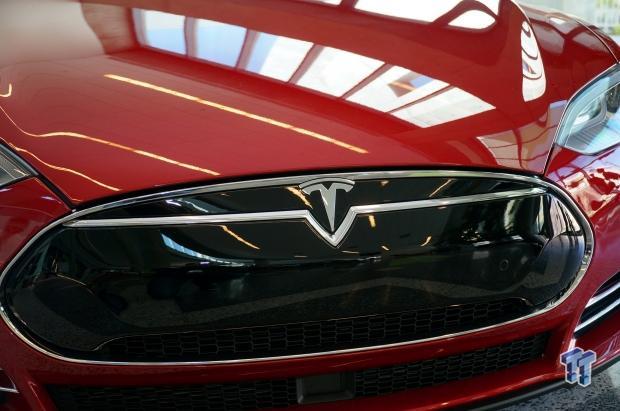Just a week after Tesla Motors' Twitter page was hacked, the electric vehicle maker wants to have hackers attempt to hack their cars, something the company will be asking hackers to do at the Defcon convention later this year in Las Vegas, according to anonymous sources of Forbes.
Having hackers try to break into a Tesla vehicle has benefits for the company, as it will make Tesla aware of any security holes in their vehicles and software, and they'll have their picking of hiring anyone who is capable of hacking into their vehicles, and having them instead plug the security holes they discovered.
With a concentrated effort on making vehicles and the world around them smarter and smarter, electric and autonomous vehicle makers are going to need increasingly stronger and near invincible security on their cars. This means we're going to see a huge focus on digital security on cars at both Defcon and BlackHat 2015, both taking place in Vegas later this year.
Online blog Lifars reports that "Notable hackers Chris Valasek and Charlie Miller, popular for their prowess in hacking into automobiles in the past have promised to exhibit a car hack which they claim - will wirelessly hack a car for remote control". Lifars reported that an excerpt from their talk says: "Although the hacking of automobiles is a topic often discussed, details regarding successful attacks, if ever made public, are non-comprehensive at best".
It continued: "The ambiguous nature of automotive security leads to narratives that are polar opposites: either we're all going to die or our cars are perfectly safe. In this talk, we will show the reality of car hacking by demonstrating exactly how a remote attack works against an unaltered, factory vehicle.
Starting with remote exploitation, we will show how to pivot through different pieces of the vehicle's hardware in order to be able to send messages on the CAN(Control Area Network) bus to critical electronic control units. We will conclude by showing several CAN messages that affect physical systems of the vehicle. By chaining these elements together, we will demonstrate the reality and limitations of remote car attacks".



